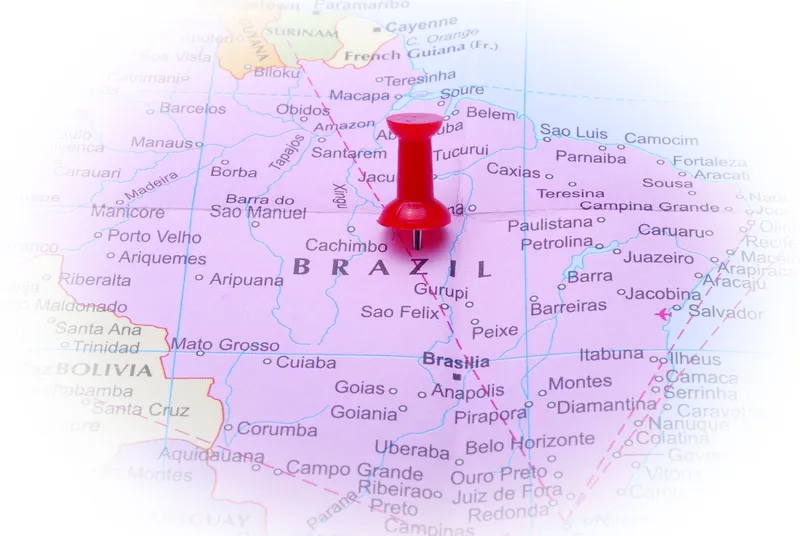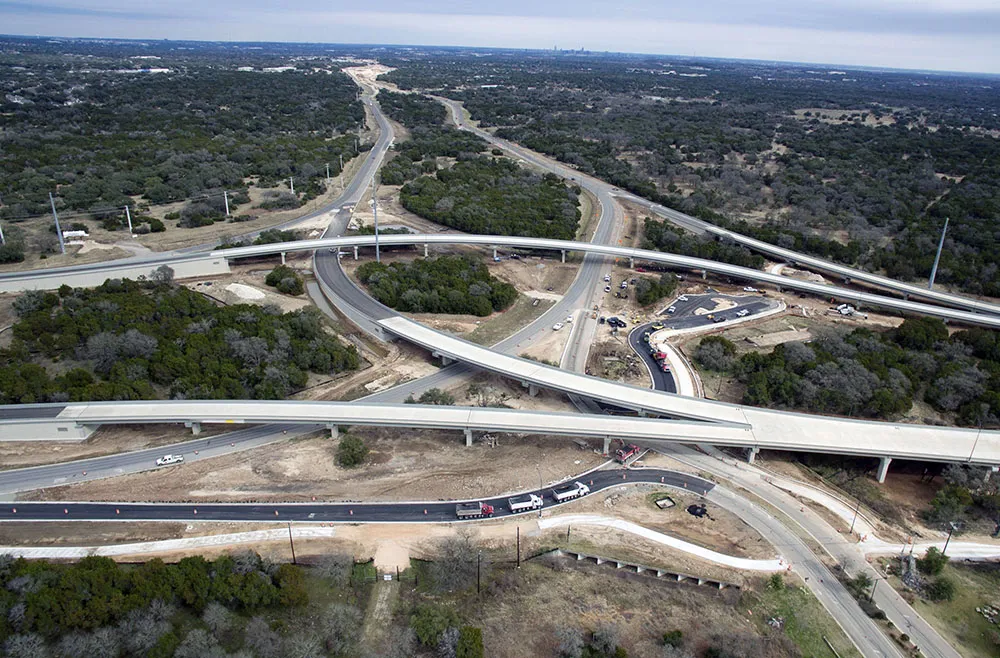The Brazilian authorities are looking to renegotiate contracts for a series of state road concessions that were auctioned up to 15 years ago. The intention is to improve the roads while cutting the rate of return for the concession holders, with controls on tariff rates to restrict price increases for users.
March 22, 2012
Read time: 1 min
The Brazilian authorities are looking to renegotiate contracts for a series of state road concessions that were auctioned up to 15 years ago. The intention is to improve the roads while cutting the rate of return for the concession holders, with controls on tariff rates to restrict price increases for users. The contracts for road concessions agreed back in 1995 allowed have holders a rate of return of up to 20%. By comparison, the road concessions agreed in 2000 allowed return rates of 8%. The Brazilian Government may want to reduce the return rate for concession holders to just 6%, as well as requiring up to US$1.34 billion in upgrades to the various state roads. Current concession holders may lose their contracts should they refuse to make the changes, although the legal process for such an action would have to be confirmed.









